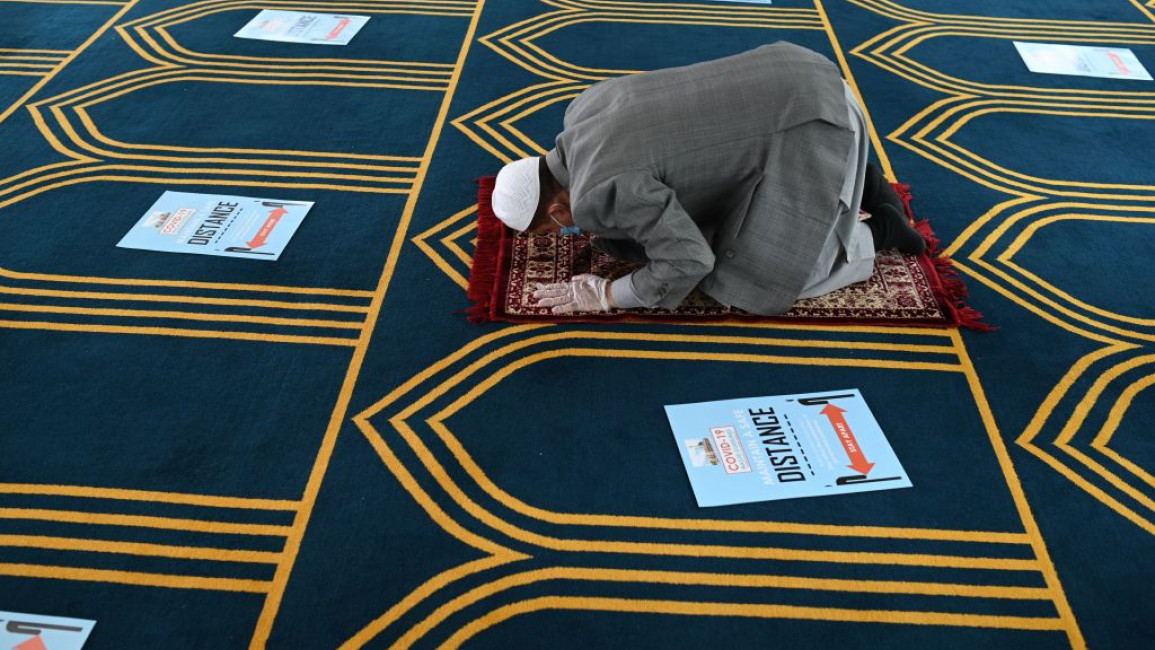Upper class Britons 'more likely' to be Islamophobic, study finds
A University of Birmingham study has found that Britons from middle and upper-class occupational groups are more likely to hold Islamophobic views than those from working class occupational groups.
Using a sample size of 1,667 adults, the survey conducted with pollster YouGov revealed that 23.3 percent of people from occupations defined as middle or upper class held prejudiced views towards Muslims, as compared to 23.2 percent of working class respondents.
"Prejudice towards Islam and Muslims stands out in the UK, not only because it is much more widespread than most forms of racism, but also because prejudice toward Islam is more common among those who are wealthier and well-educated," said Dr Stephen H. Jones, the lead author of the study.
The study, titled "The Dinner Table Prejudice: Islamophobia in Contemporary Britain", also found that older men, working class people, Conservative voters, and Brexiteers were more likely to hold Islamophobic views.
Overall, the study found that 25 percent of Britons harbour negative feelings towards Muslims, with a further 9.9 percent saying that they had "very negative" feelings towards them.
Muslims were also identified as the second "least liked group", behind Romani and Irish travellers, with support for restricting Muslim migration 4-6 percent higher than for other groups.
Researchers also found that while the British public is almost three times more likely to hold prejudiced views on Islam, they were also more likely to make factually incorrect statements on Muslm faith and its adherents.
In their report, the study's authors recommend that the government acknowledge the "lack of criticism that Islamophobic discourses and practices trigger", and urged educators to "provide clear guidance clarifying when tropes about the Islamic tradition move from acceptable criticism to become harmful".
Among other recommendations, they also urged the BBC and other broadcasters to "maintain their commitments to religion programming, but with renewed emphasis on combatting intolerance".
The report comes amid controversy surrounding Islamophobia in the UK's ruling Conservative Party the alleged Islamophobic dismissal of former MP Nusrat Ghani.
Ghani says she was sacked in 2020 as a transport minister because her "Muslimness was raised as an issue".
British Prime Minister Boris Johnson ordered an inquiry into the claims.



![South Sudan famine [AFP] South Sudan famine [AFP]](/sites/default/files/styles/image_330x185/public/media/images/5FED4B35-6177-43AD-844A-5C63373FCF89.jpg?h=d1cb525d&itok=TC12KIPv)